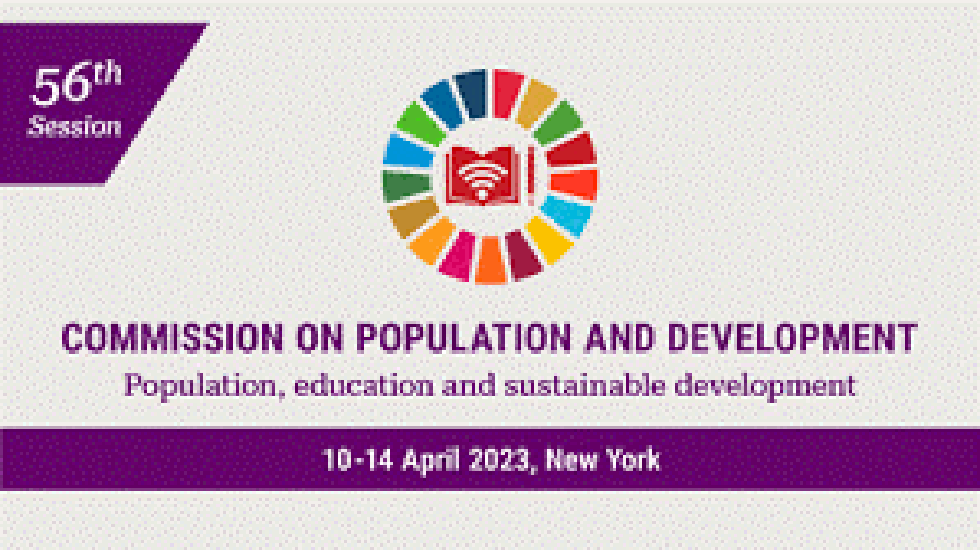Key Points:
- Currently around 263 million children and young people are out of school in the world.
- Nearly 70 % of children in poorer countries cannot understand a basic text by age 10, mainly due to chronic factors such as poverty and malnutrition.
- The situation of women and girls in Afghanistan is severe where they have been banned from high school and university.
- Comprehensive sexuality education (CSE) empowers girls to avoid unintended pregnancies and encourages both genders to stay in school, among other benefits.
- Most of countries are facing “a triple crisis in education – one of equity and inclusion, quality and relevance, to equip current and future generations with the skills they need to thrive in a fast-changing world.”
About UN Commission on Population and Development:
- A Population Commission was established by the Economic and Social Council (ECOSOC) in 1946, which was renamed as the Commission on Population and Development by the General Assembly in 1994.
- The Commission is composed of 47 Member countries.
- Member countries are elected by the Economic and Social Council for a period of four years on the basis of geographic distribution.
- Commission was constituted as three-tiered intergovernmental mechanism that plays the primary role in the follow-up to the implementation of the programme of Action.
- The meetings of commission was held typically every two or three years until 1994, after which it has been held once a year.
